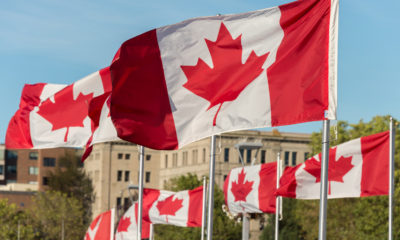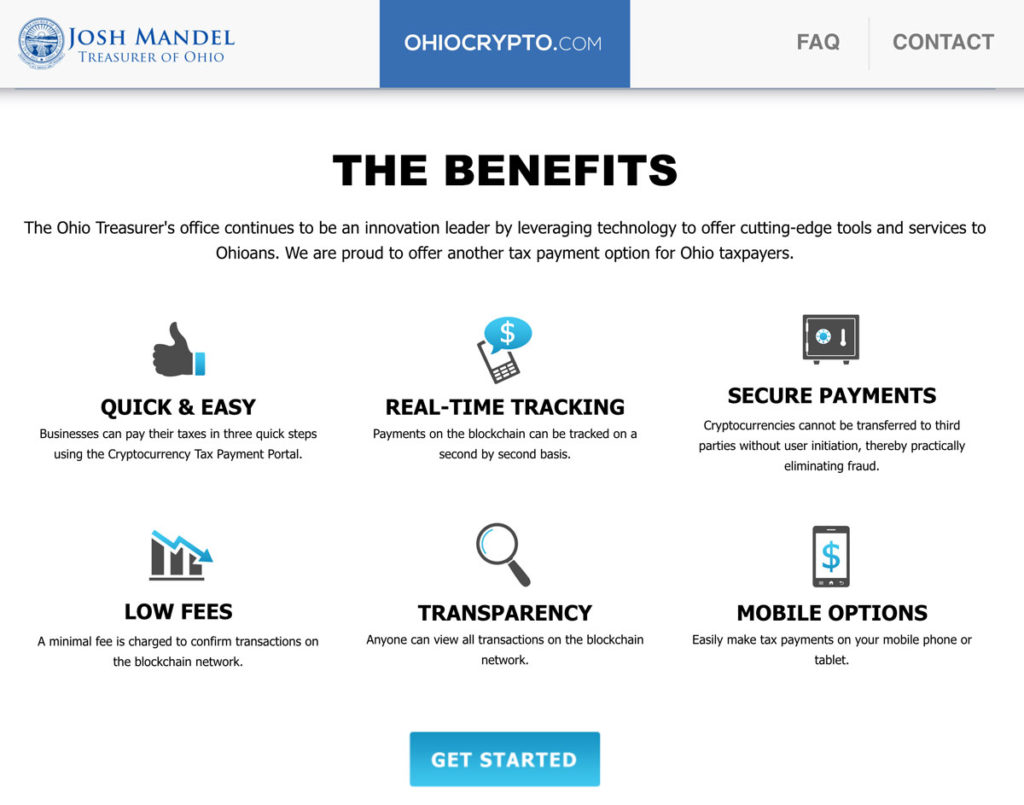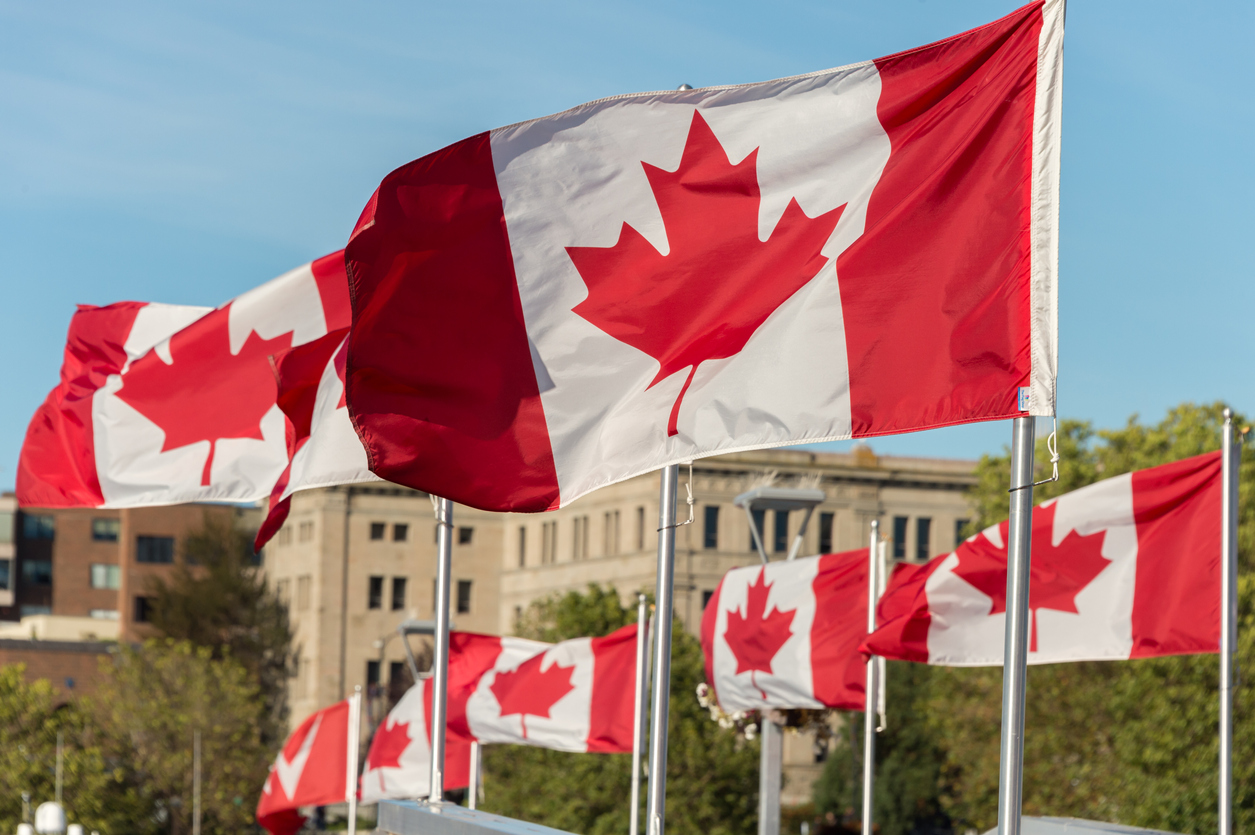Gerald Cotten, founder of the largest Canadian cryptocurrency exchange, passed away on Dec. 9 from complications related to Crohn’s disease while away on a trip to India. The founder of QuadrigaCX was reportedly building an orphanage in India at the time of his death.
According to a report by The Wall Street Journal, shareholders of the exchange say some $136 million (C$180 million) worth of customer holdings remain inaccessible because the founder died without sharing the password. Mr. Cotten’s wife, Jennifer Robertson, is in possession of the laptop which holds the customer funds, but so far, the company’s attempts to break into the laptop, including hiring a security consultant, have all failed.
In a court filing last week, Robertson claimed that she was not even sure if the funds were held on the laptop, some 26,500 bitcoin, 430,000 ether, 200,000 litecoin, 11,000 bitcoin cash, 11,000 bitcoin cash SV, and 35,000 bitcoin gold – totaling some $147 million according to the affidavit.
Robertson and two other executives took control over the company after Cotten had passed, and filed for creditor protection in an attempt to suspend any customer lawsuits, while it tried to buy time and find a solution. A Nova Scotia Supreme Court judge granted the exchange its application, giving it a 30-day stay. In a statement provided on its website, available here, the company said,
“Over the past weeks we have worked extensively to address our liquidity issues…we are operating under the assumption that a solution will not be reached in the near term,” providing uncertainly as to when or if, customer funds will be made available. Depending on the type of security implemented on Gerald’s laptop, it may be possible that the funds are permanently frozen. The website had been experiencing uptime issues in the weeks prior, with customer reporting difficulty in withdrawing funds.
Still, some experts question whether or not the exchange even had the funds to begin with. Cryptocurrency analyst, James Edwards who publishes research on a website called Zerononcense, has collected information from more than 50 Quadriga clients. From his analysis, he was unable to find any transactions going into the kinds of reserve accounts Quadriga claims it has.
“None of the withdrawal addresses provided by customer led to a wallet that could be considered anything comparable to a ‘reserve’ wallet,” Mr. Edward wrote. A summary of the reports finding are below:
- It appears that there are no identifiable cold wallet reserves for QuadrigaCX.
- It appears that QuadrigaCX was using deposits from their customers to pay other customers once they requested their withdrawal.
- It does not appear that QuadrigaCX has lost access to their Bitcoin holdings.
- It appears the number of bitcoins in QuadrigaCX’s possession are substantially less than what was reported in Jennifer Robertson’s (wife of allegedly deceased CEO and Owner Gerry Cotten) affidavit, submitted to the Canadian courts on January 31st, 2019.
- At least some of the delays in delivering crypto withdrawals to customers were due to the fact that QuadrigaCX simply did not have the funds on hand at the time. In some cases, QuadrigaCX was forced to wait for enough customer deposits to be made on the exchange before processing crypto withdrawal requests by their customers.
- After completing the analysis, it is the author’s opinion that QuadrigaCX has not been truthful with regards to their inability to access the funds needed to honor customer withdrawal requests. In fact, it is almost impossible to believe that this is the case in lieu of the empirical evidence provided by the blockchain.
MyCrypto founder and CEO, Taylor Monahan came to the same conclusion, “I haven’t seen anything indicating a large reserve or cold storage mechanism being used on the Ethereum chain,” she explained.
Others cast doubts that the story about Cotten’s death adds up at all. The outspoken CEO of prominent cryptocurrency exchange, Kraken, posted on Twitter, “As far as I know, a death certificate has been produced by a Canadian funeral home. Who knows if it’s legit. We also don’t know if there were any witnesses or an autopsy, or whether any authorities in Canada have seen the body and verified the identity.”

Gerald Cotton filed a will just 12 days before his death, listing substantial assets according to a report by Bloomberg. The court documents reveal that he had left all assets to his wife and made her the executor to his estate. Of the assets listed were “several properties in Nova Scotia and in Kelowna, British Columbia, a 2017 Lexus, an airplane, a Jeanneau 51 yacht and his pet chihuahuas, Nitro and Gully. He also left his frequent flier points and reward points to Robertson. He held accounts with Bank of Montreal and Canadian Tire.”

 Press Releases7 years ago
Press Releases7 years ago
 Business7 years ago
Business7 years ago
 Business7 years ago
Business7 years ago
 Press Releases7 years ago
Press Releases7 years ago
 Market7 years ago
Market7 years ago
 Market7 years ago
Market7 years ago
 Press Releases7 years ago
Press Releases7 years ago
 Tech7 years ago
Tech7 years ago
















